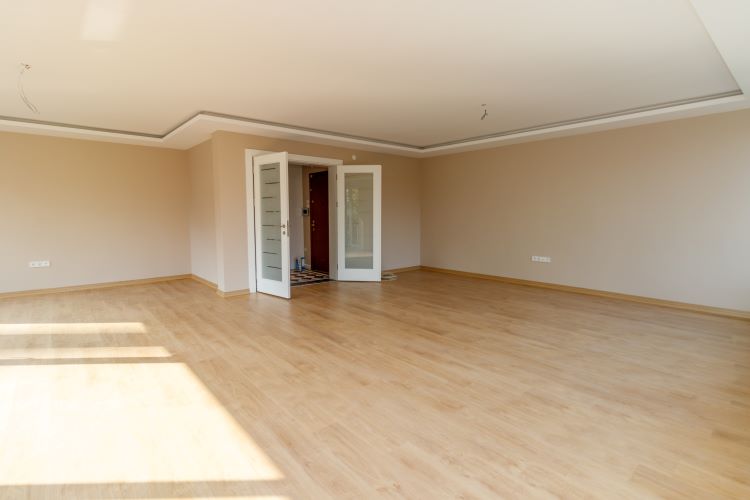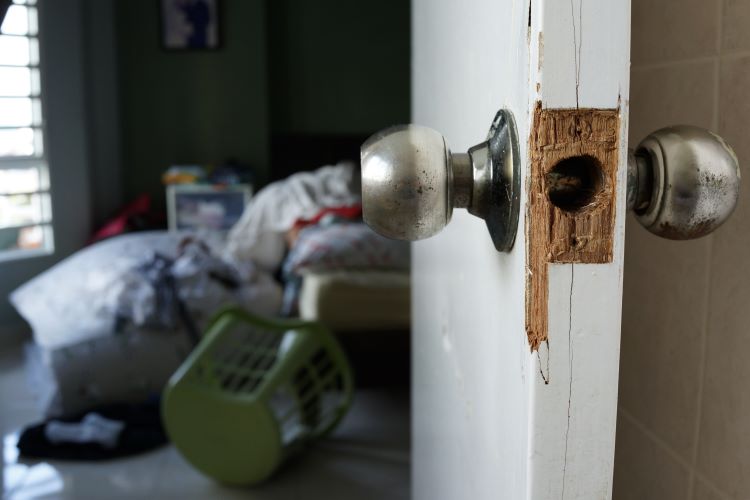
Every Boston landlord’s dream is to have perfect tenants who always pay on time, maintain their residence, follow the rules, and of course, live there for several years. Wouldn’t that be nice! Unfortunately, if you are a landlord long enough, you will run into tenants that are less than dreamy.
Even with the most stringent screening process and iron-clad lease agreement in place, you will inevitably have to deal with difficult tenants at some point, such as those who:
- Don’t pay rent on time (or at all)
- Damage property
- Are a general nuisance
- Sublet without your permission
Difficult renters can be damaging to your reputation. Poor quality tenants can be an overall time robbing unpleasant experience. Often times neighbors will blame you for renting to a group of less than stellar tenants. In Massachusetts, it’s often a huge challenge to be a landlord because the laws and rules are nearly always slanted in the tenants’ favor. Massachusetts is not considered a business-friendly state, and courts often tilt decisions against landlords in general. Often times you will read some of the rules and rights given to tenants and it makes your scratch your head. Fortunately, if you put together a solid plan together in advance, you can have a great time as a landlord. Arming yourself with legal knowledge and a little finesse will help prevent sticky situations from getting out of hand.
If a Tenant Doesn’t Pay On Time
Going over your books, you discover a tenant’s rent was never paid last month. How do you approach this? It’s important to remain consistent and professional with the process regarding delinquency. Communicate with the tenant in person and in writing. Start early and often, reminding them of the consequences for being late, including any penalty fees. Having written documentation will serve you well, should this go into collections. Make sure you have in your lease that nonpayment of rent will be reported to the major credit agencies.
In Massachusetts, the grace period for a renter to pay late must be defined in the lease agreement, along with when, where, and how the payment must be made. A landlord cannot move to evict a tenant for late payment within the grace period defined in the lease. Late fees, if any, must also be defined in the lease agreement. By law in Massachusetts, late fees or interest charges cannot be imposed until 30 days after the rent payment is due.
If the grace period has elapsed without payment, the landlord can legally file for an eviction, but he must first provide you with 14 Days ‘Notice to Quit’. If payment is made by the tenant within this 14 day period, the landlord can no longer pursue an eviction.
Abandonment – Tenant Moves Out and Owes Rent
When you find out your tenant has suddenly moved out, it’s important to know the law on property abandonment. You have the right to pursue unpaid rent and any additional fees that the security deposit does not cover. Document all communication efforts to collect, and keep receipts of any repairs made. If your efforts to collect back rent are unsuccessful, you can file your case with small claims or hire a collection agency to locate your tenant. Reporting them to credit bureaus will have a negative impact when they apply for other rentals. Make sure to have realistic expectations when it comes to debt collecting.
Damages to Boston Apartment
Whether as a kitchen mishap or some other negligence, accidents happen. For example, each year the National Fire Prevention Association estimates there are 98,000 apartment fires nationwide. If your Boston apartment has been damaged, the first thing you need to do is assess the situation and discuss restitution. If it is minor, the security deposit can be retained by the landlord to cover specific damages that go beyond normal wear-and-tear. It is important that you have several contractors and repairmen available to start getting you quotes to figure out remediation.
It’s always a good idea to ask tenants to consider acquiring renters insurance. It is extremely affordable and gives everyone peace of mind. Having this in place protects both you and the tenant.
Creates a Nuisance
All too often, renters break rules; sometimes out of ignorance, sometimes more deliberately. For example, a tenant sneaks their new puppy into a no-pets-allowed residence, thinking nobody will notice, until it barks all night long and irritates the neighbors. Or, the new renters decide to have a party in the back yard that lasts until 2 a.m. and you’re bombarded with phone calls from the police and angry neighbors.
Whatever the case, confronting the tenant in a polite way is your best bet at a quick resolution. Make sure you go over the terms of the lease agreement regarding the situation, clarifying any confusion they may have. It’s also a good idea to have an eviction clause in your lease to deploy if the situation persists, or if it is not resolved by a certain date. Make sure you keep written proof of all communication. It’s always vital and necessary to ask your renter to think about how their behavior maybe impacting others. Perhaps neighbors have early morning jobs and it is impeding their ability to get a good nights sleep.
Having a clear-cut process for handling difficult situations, should they occur, will help you avoid problematic tenants. Conducting a reference checks and credit checks before the lease is signed will provide that extra level of assurance—but if a difficult tenant does happen to slip through the cracks, you’ll have the protocols in place to handle the situation professionally and correctly. Stay tuned to learn more information on how to best manage your Boston apartments from the experts in Boston rentals!

Demetrios Salpoglou
Published December 19, 2022
Demetrios has pulled together the largest apartment leasing team in the Greater Boston Area and is responsible for procuring more apartment rentals than anyone in New England – with over 130k people finding their housing through his services. Demetrios is an avid real estate developer, peak performance trainer, educator, guest lecturer and motivational speaker.














